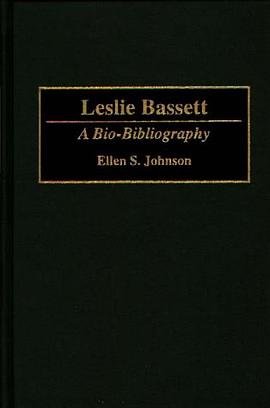

具体描述
In Cuba, something curious has happened over the past fifteen years. The government has allowed blatant and vocal criticism of its policies to be expressed within the arts. Filmmakers, rappers, and visual and performance artists have addressed sensitive issues including bureaucracy, racial and gender discrimination, emigration, and alienation. How can this vibrant body of work be reconciled with the standard representations of a repressive, authoritarian cultural apparatus? In "Cuba Represent!" Sujatha Fernandes - a scholar and a musician who has performed in Cuba - answers that question. Combining textual analyses of films, rap songs, and visual artworks; ethnographic material collected in Cuba; and insights into the nation's history and political economy, Fernandes details the new forms of engagement with official institutions that have opened up as a result of changing relationships between state and society in the post-Soviet period. She demonstrates that in a moment of extreme hardship and uncertainty, the Cuban state has moved to a more permeable model of power. Artists and publics are collaborating with government actors to partially incorporate critical cultural expressions into official discourse. The Cuban leadership has come to recognize the benefits of supporting artists: rappers offer a link to increasingly frustrated black youth in Cuba; visual artists are an important source of international prestige and hard currency; films help unify Cubans through community discourse about the nation. "Cuba Represent!" reveals that part of the socialist government's resilience stems from its ability to absorb oppositional ideas and values.
作者简介
目录信息
读后感
评分
评分
评分
评分
用户评价
相关图书
本站所有内容均为互联网搜索引擎提供的公开搜索信息,本站不存储任何数据与内容,任何内容与数据均与本站无关,如有需要请联系相关搜索引擎包括但不限于百度,google,bing,sogou 等
© 2026 book.wenda123.org All Rights Reserved. 图书目录大全 版权所有




















